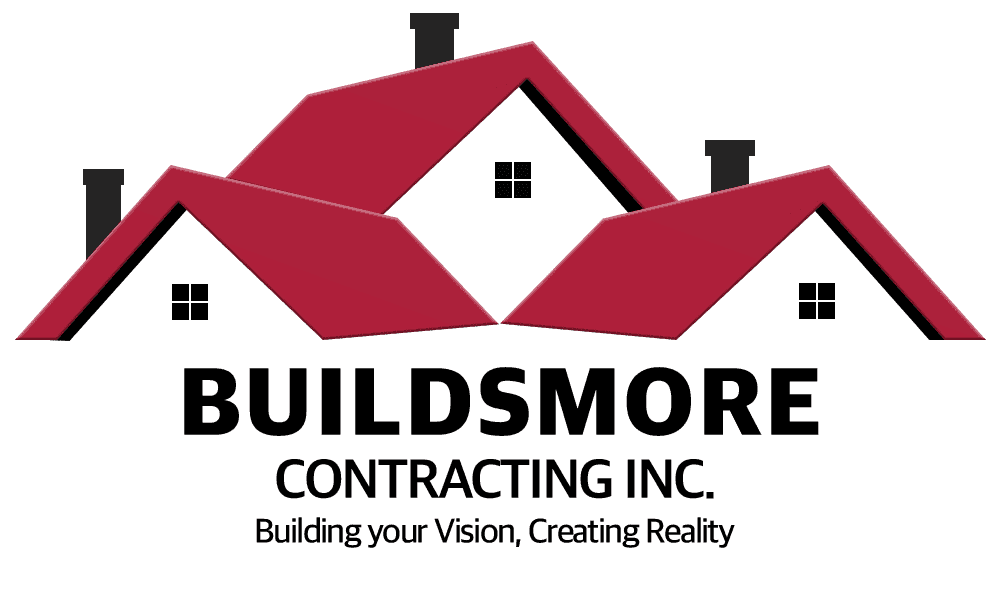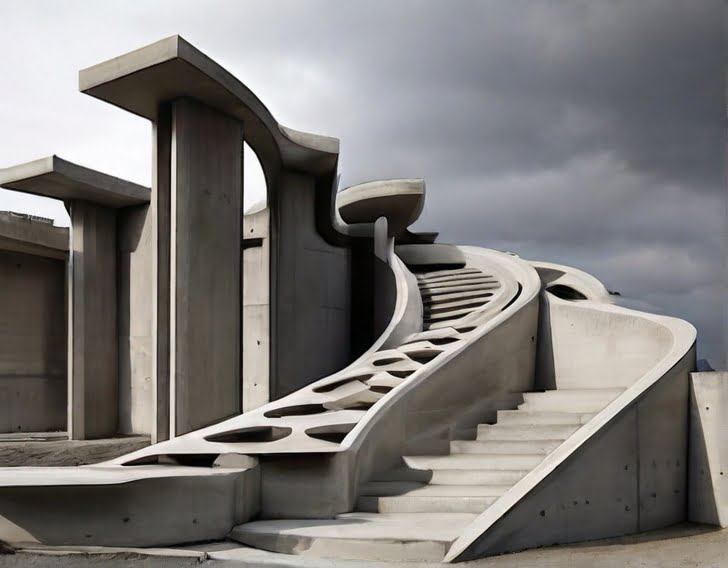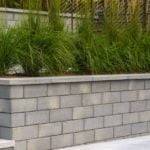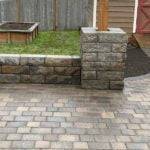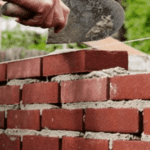In the expansive domain of construction and remodeling, the role of a concrete worker in New Jersey is paramount. These skilled professionals from a Construction Company in New Jersey form the backbone of projects, shaping the foundations and structures that stand the test of time. In this comprehensive guide, we’ll delve into the intricacies of concrete work specific to New Jersey, exploring its types, strengths, and the basics that make it a cornerstone in the construction industry within the state.
What is a Concrete Worker?
A concrete worker, often referred to as a concrete finisher or mason, is a skilled tradesperson specializing in working with concrete. Their expertise lies in the precise application and finishing of concrete to create durable and aesthetically pleasing structures. These professionals play a crucial role in various construction projects, from residential buildings to commercial complexes.
Examples of Concrete Work
Concrete work encompasses a wide range of applications, each serving a unique purpose in construction and remodeling. Some common examples include:
1. Foundations:
Concrete is the go-to material for building strong and stable foundations. Whether for a house, a bridge, or a skyscraper, a well-constructed concrete foundation provides the necessary support for the entire structure.
2. Sidewalks and Driveways:
The smooth, durable surface of concrete makes it ideal for sidewalks and driveways. Concrete sidewalks not only enhance the curb appeal but also offer longevity and low maintenance.
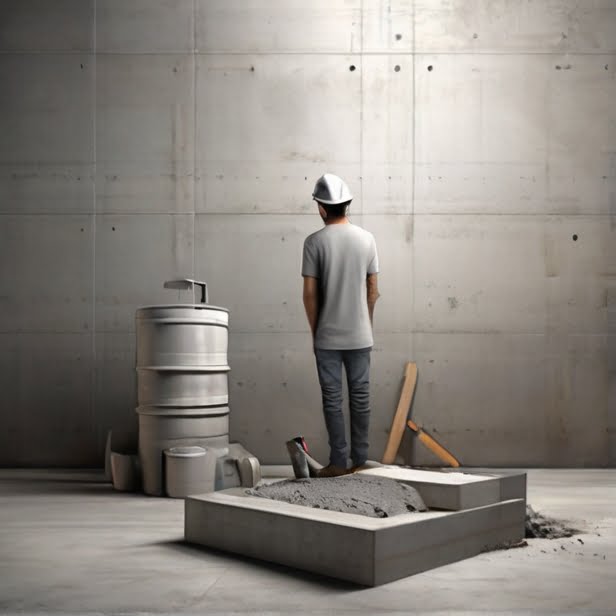
3. Retaining Walls:
In landscaping and hilly terrains, concrete is often used to create Retaining Walls. These walls prevent soil erosion and create level surfaces for gardens or outdoor spaces.
4. Concrete Floors:
From residential homes to industrial spaces, concrete floors are a popular choice. Polished and stained concrete floors not only offer durability but also a sleek, modern aesthetic.
5. Stamped Concrete Patios:
For outdoor living spaces, stamped concrete patios provide a customizable and visually appealing option. The concrete can be stamped to mimic the look of stone, brick, or other materials.
The 3 Types of Concrete Details
Concrete comes in various forms, each tailored to specific needs. The three primary types of concrete details are:
1. Ready-Mix Concrete:
This is a pre-mixed concrete that is delivered to the construction site in a plastic or unhardened state. Ready-mix concrete is convenient, as it eliminates the need for on-site mixing and ensures consistent quality.
2. High-Strength Concrete:
As the name suggests, high-strength concrete is designed to withstand heavy loads and harsh conditions. It is commonly used in infrastructure projects, such as bridges and high-rise buildings.
3. Lightweight Concrete:
Ideal for projects where weight is a concern, lightweight concrete is made using lightweight aggregates. It offers the structural benefits of concrete while reducing the overall load.

The Strongest Type of Concrete
When it comes to strength, one particular type stands out – High-Performance Concrete (HPC). HPC is engineered to have exceptional compressive strength, making it the go-to choice for structures that require superior durability. Its composition often includes advanced admixtures, fibers, and a meticulous mix design, ensuring unparalleled strength.
Basic Concrete Work Demystified
Understanding the basics of concrete work is crucial for anyone involved in construction or remodeling projects. The key steps in basic concrete work include:
1. Site Preparation:
Before concrete is poured, the site must be properly prepared. This involves clearing the area, setting up formwork, and ensuring a level surface.
2. Mixing the Concrete:
The right mix of concrete is essential for a project’s success. This includes the correct proportions of cement, aggregates, and water. Ready-mix concrete can simplify this process.
3. Pouring and Leveling:
Once mixed, the concrete is poured into the formwork. Skilled concrete workers ensure an even distribution and use tools to level the surface.
4. Finishing:
Achieving a smooth and polished finish is an art in itself. Concrete finishers use trowels and other tools to create the desired texture and appearance.
5. Curing:
Curing is the process of allowing the concrete to harden and gain strength. Proper curing is crucial for the long-term durability of the structure.
Conclusion
In conclusion, the world of Concrete Services is diverse and essential in the construction and remodeling industry. From the skilled hands of concrete workers to the various types of concrete details, understanding these aspects is pivotal for successful and enduring projects.
For reliable concrete services in your construction endeavors, consider BuildsMore Construction. With a commitment to quality and expertise, they stand as a trusted partner in bringing your concrete visions to life.

